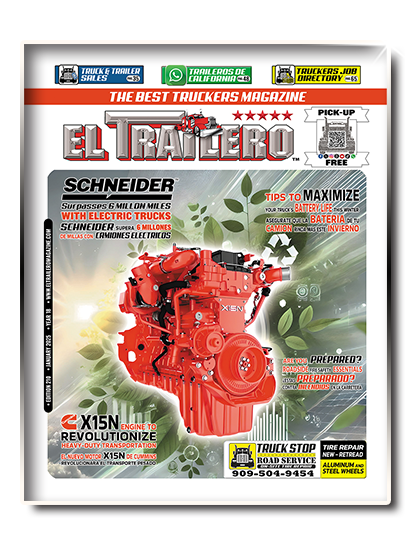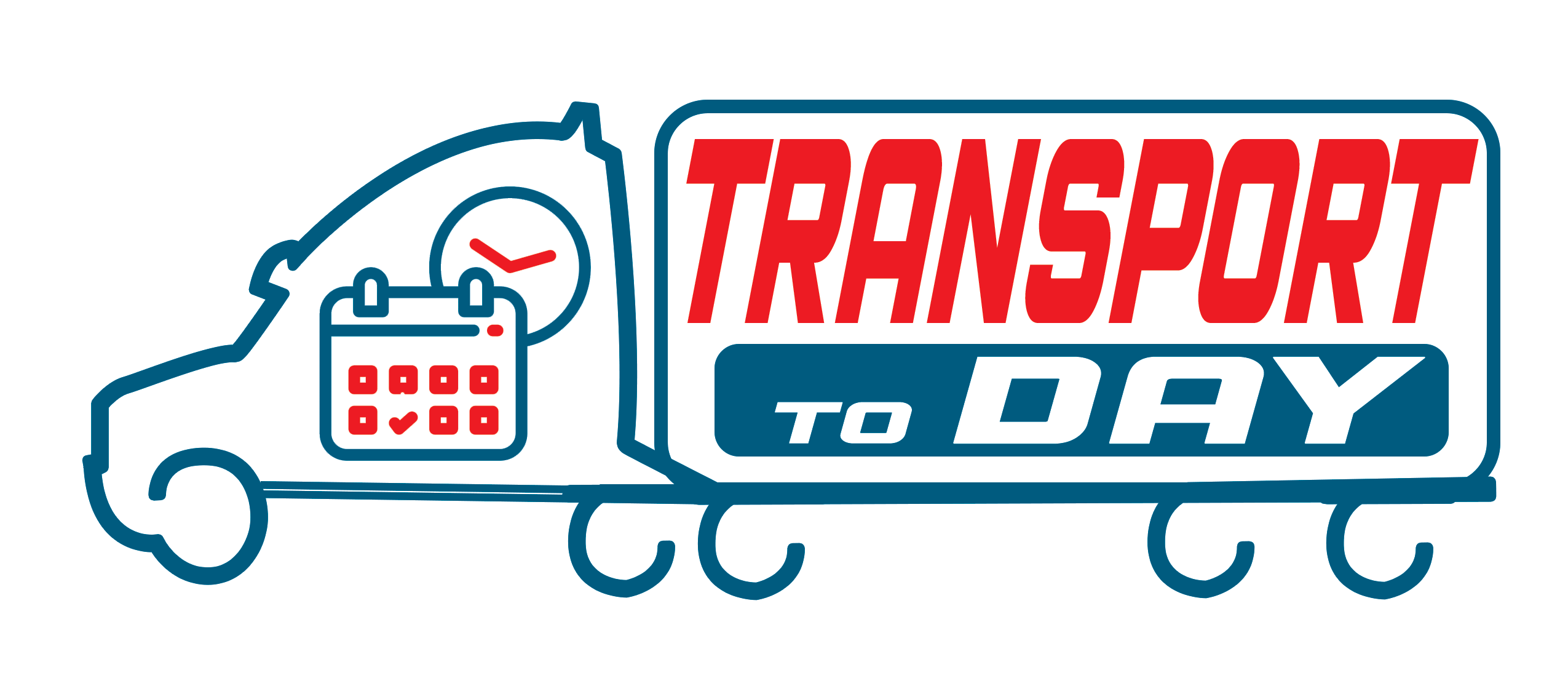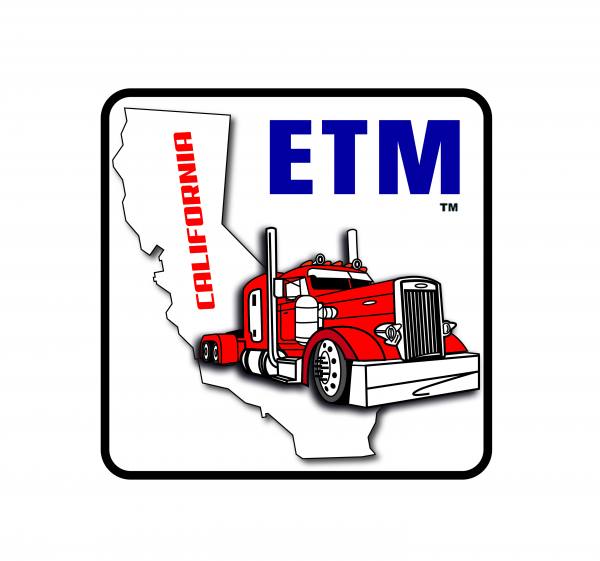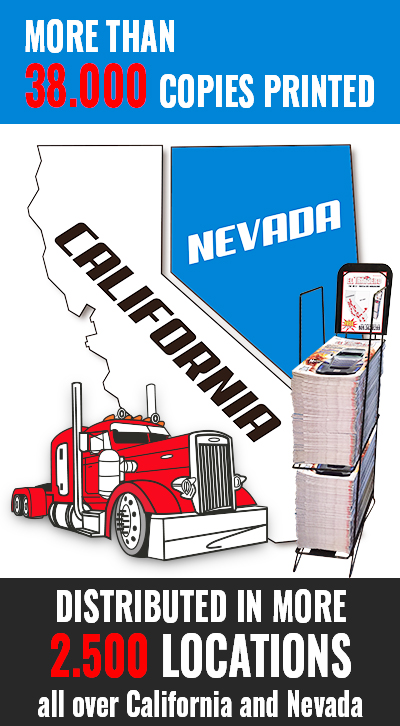 |
|
 |
Get our FREE |


The future of trucking in the United States is under dispute. Major manufacturers —Daimler, International, Paccar, and Volvo— have filed a lawsuit against the California Air Resources Board (CARB) and Governor Gavin Newsom. At the center of the conflict is the Clean Truck Partnership, an agreement signed in 2023 that obligates compliance with California’s strict emissions standards, even though those rules have been challenged at the federal level.
The pact included commitments such as the Low NOx Omnibus Rule, Advanced Clean Fleets programs, and the gradual transition to zero-emission trucks. In return, California promised regulatory stability and support for charging and hydrogen infrastructure. Manufacturers also agreed not to challenge the state’s emissions rules in California or other jurisdictions.
The situation changed in June, when the Trump administration nullified California’s truck emission standards. In response, Newsom issued an executive order reaffirming the pact, warning that companies refusing to comply would lose access to state incentives and contracts.
Manufacturers argue they are caught in a “crossfire”: California enforces rules the federal government has invalidated, while the Department of Justice has directed them to ignore those requirements. On August 15, the federal government moved to intervene in the case, arguing that CARB is using the Clean Truck Partnership as a “backdoor regulation” to impose standards Congress already struck down.
The companies also accuse CARB of failing to meet its commitments, such as allowing reasonable delivery timelines and coordinating sufficient infrastructure for the technological transition. What was meant to be a framework of cooperation, they claim, has turned into a regulatory tool.
Meanwhile, the regulatory uncertainty is affecting production planning for 2026 models, adding pressure to the entire industry. For truckers and fleet owners, the outcome of this lawsuit could mean higher truck prices, fewer incentives, and unclear deadlines to adapt to cleaner technologies.
A key debate for the trucking industry
This case highlights the ongoing tension between state authority and federal power over environmental policy and energy transition. The court’s decision will be critical: it will determine whether California can uphold its own emissions standards or whether federal authority will prevail.
Beyond the legal battle, the stakes are high for the future of mobility. The trucking industry must strike a balance between competitiveness, operating costs, and the growing pressure to move toward cleaner, more sustainable freight transportation across U.S. highways.
Every October, the Commercial Vehicle Safety Alliance (CVSA) teams up with the California Highway Patrol (CHP) to conduc...
read more...Long hours behind the wheel, the loneliness of the open road, and overnight stops at remote truck stops can push many dr...
read more...The Federal Motor Carrier Safety Administration (FMCSA) has announced two pilot programs aimed at exploring more flexibi...
read more...The California Air Resources Board (CARB) has approved a set of emergency regulations to maintain certainty in the new-v...
read more...

